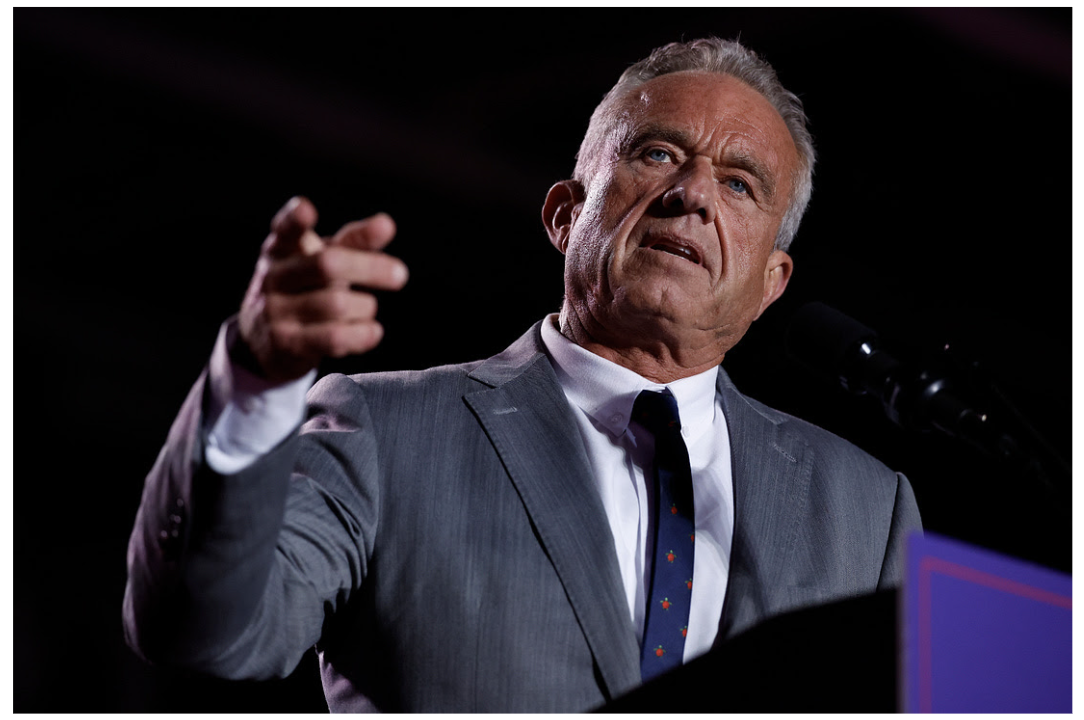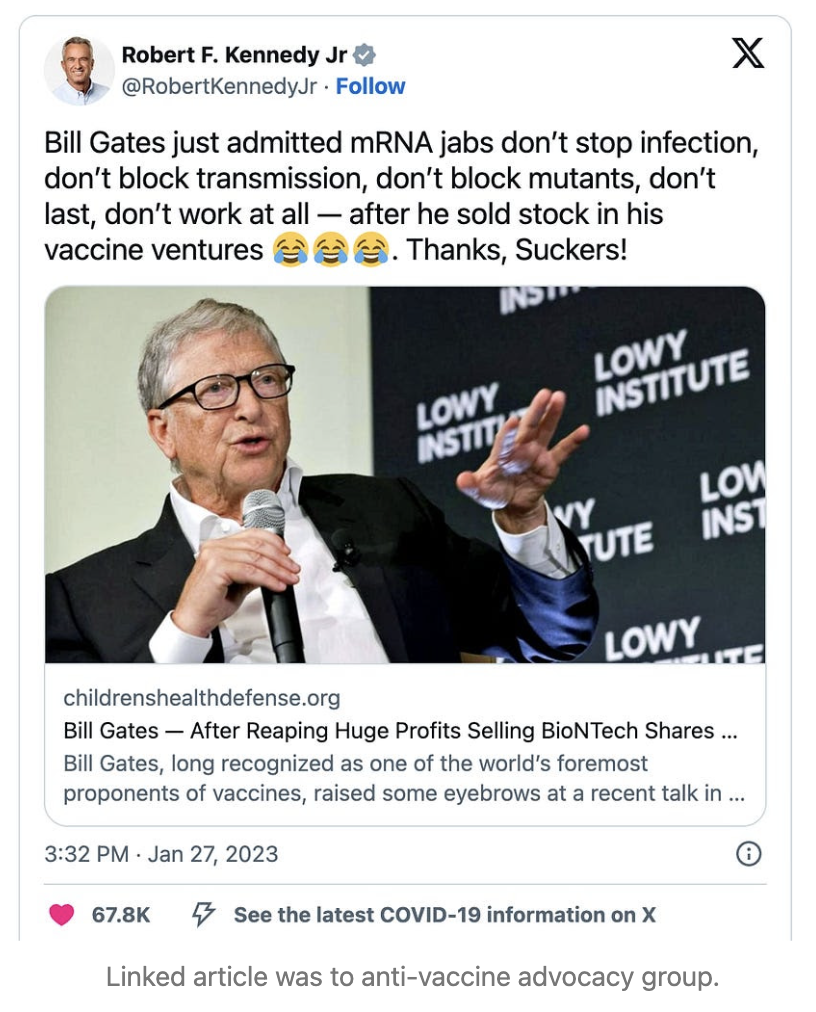Kennedy Cancels $500 Million In Federal Funding For mRNA Vaccine Research
The federal government will stop funding the development of mRNA vaccines through its emergency preparedness agency, Health Secretary Robert F. Kennedy Jr. announced Tuesday.
BARDA will terminate 22 mRNA vaccine development investments, with Kennedy claiming — widely disputed by scientific studies — that mRNA vaccines “fail to protect effectively against upper respiratory infections like Covid and flu.”
Now, future investment will be redirected to older vaccine platforms – like whole-virus vaccines and novel platforms.
The mRNA platform was key to the record-fast COVID vaccine rollout during the first Trump administration and has since been heralded for its versatility, with potential to combat future pandemics, cancers, and other diseases. The decision has drawn sharp criticism from public health experts and former Trump administration officials.
INSIDE THE CRITICISM
Skeptics like Kennedy (see above) have raised concerns over the long-term effects of mRNA vaccines. His claims about their ineffectiveness at preventing upper respiratory infections reflect a narrow interpretation of the data; most studies continued to show the vaccine’s ability to reduce severe illness, hospitalization, and death. However, he has hailed this move as part of his efforts to restore trust in the vaccine approval process.
Critics of Kennedy’s move warn that pulling funding could slow vaccine innovation and weaken U.S. biodefense. Scientists argue that improving the tech — not abandoning it — is the way forward.
“This isn’t prudent oversight — it’s self-inflicted vulnerability,” said Rick Bright, former BARDA director. “This decision will have severe consequences, measured in lost lives.”
Chris Meekins, who served as deputy assistant secretary for preparedness and response under President Trump, warned the move “creates a national security vulnerability,” calling mRNA a critical deterrent against biological threats due to its speed and adaptability.
Critics are also concerned about what’s replacing it: the administration is now steering funds toward vaccine platforms using whole, killed viruses — a 70-year-old technology that requires months of manufacturing time.
BIGGER PICTURE
Distrust in public health and vaccines continues to have real-world impacts. The 2024-2025 school year saw the lowest vaccination rates among U.S. kindergartners in at least a decade, as vaccination exemptions rose to an all-time high, according to CDC data.
Mo News talked with economist and parenting data expert Emily Oster for our latest Mo News Premium workshop, which looked at overall public health trends, MAHA, wellness culture, and data. She explained why public trust in health messaging dropped during COVID, when officials made confident claims one day — only to reverse them the next.
Watch or listen to the full workshop by becoming a Mo News Premium member, where we answer your questions about the latest headlines.



